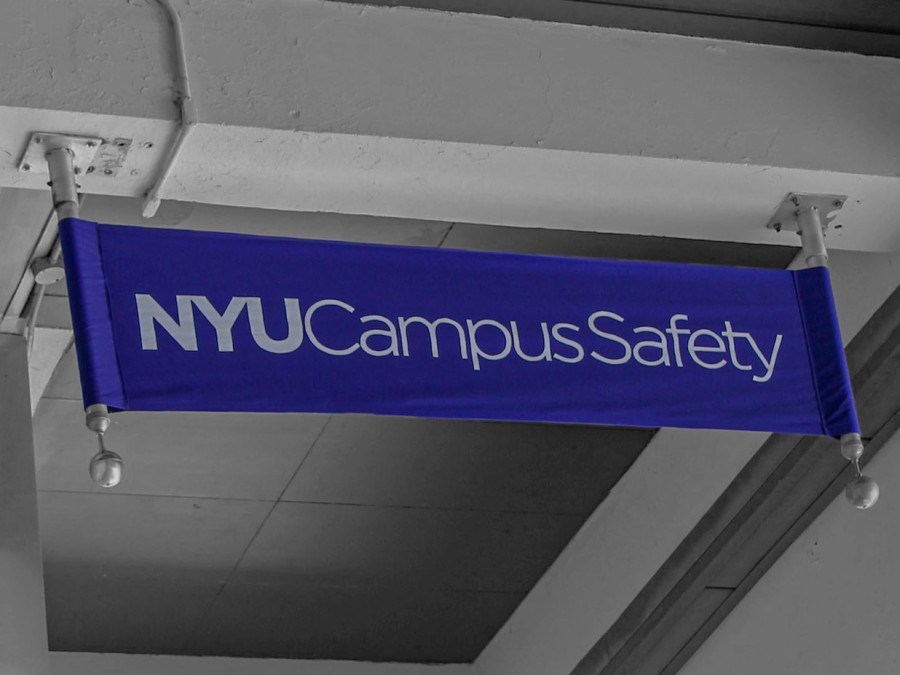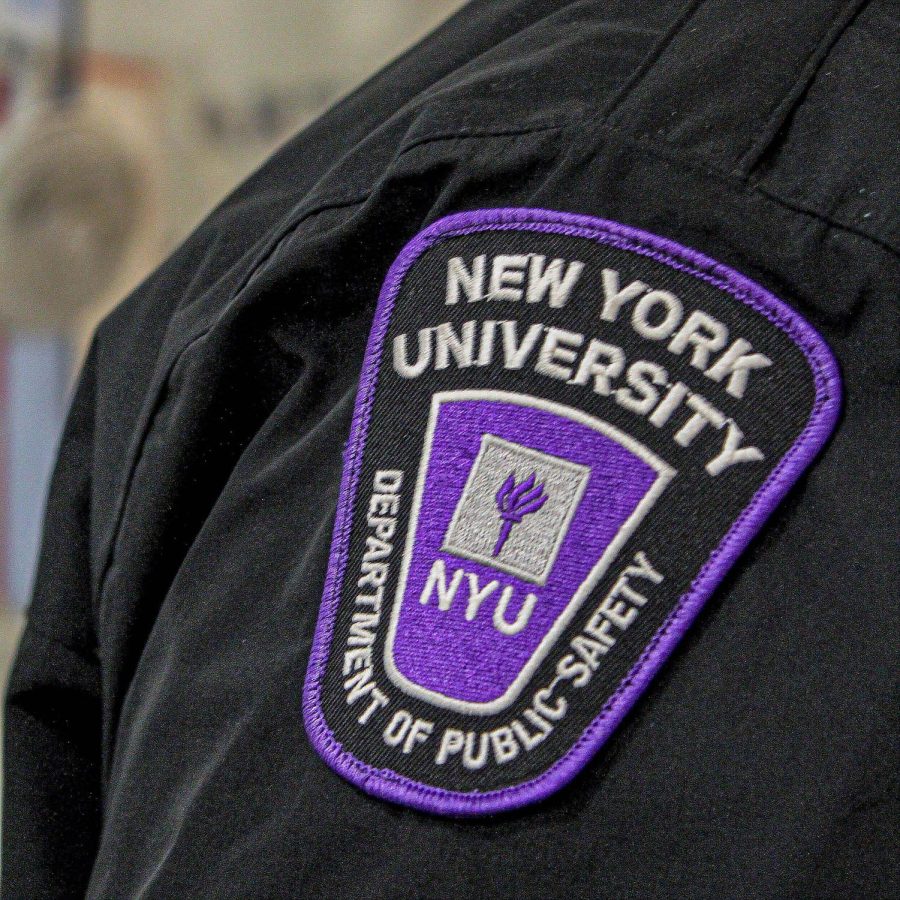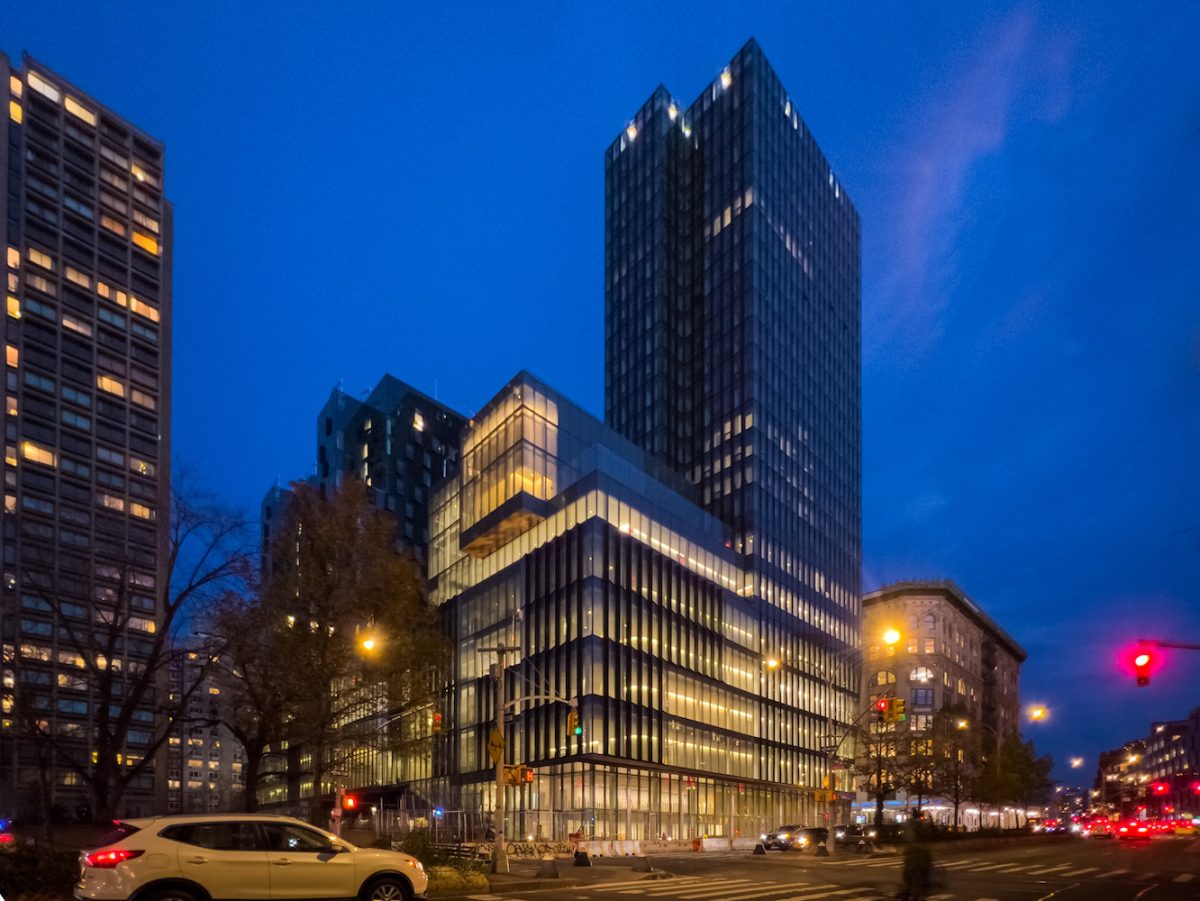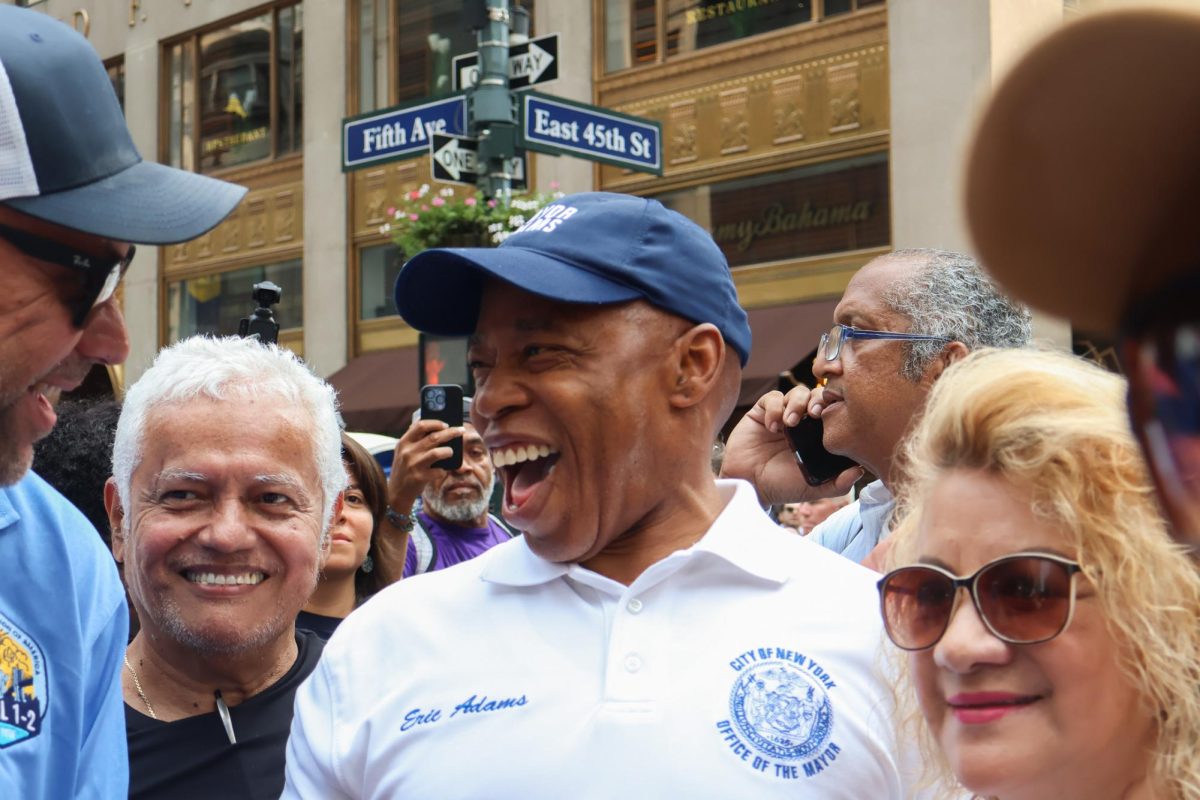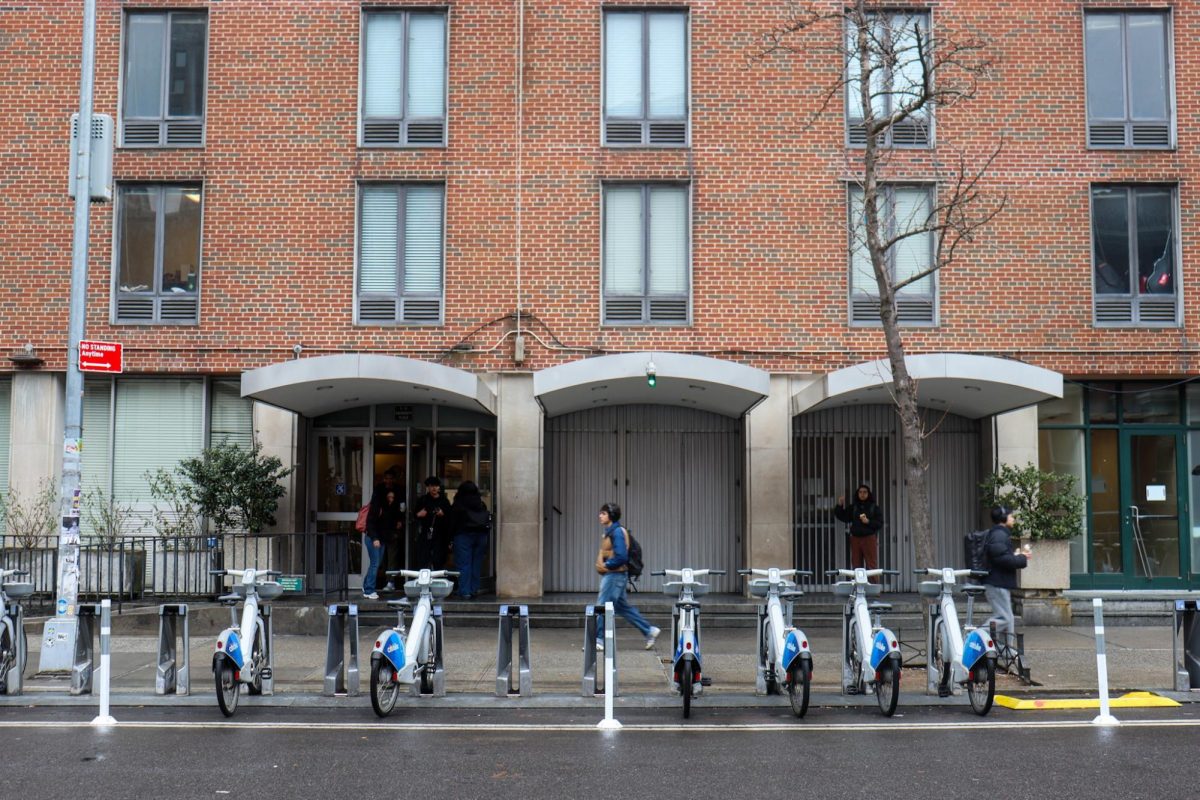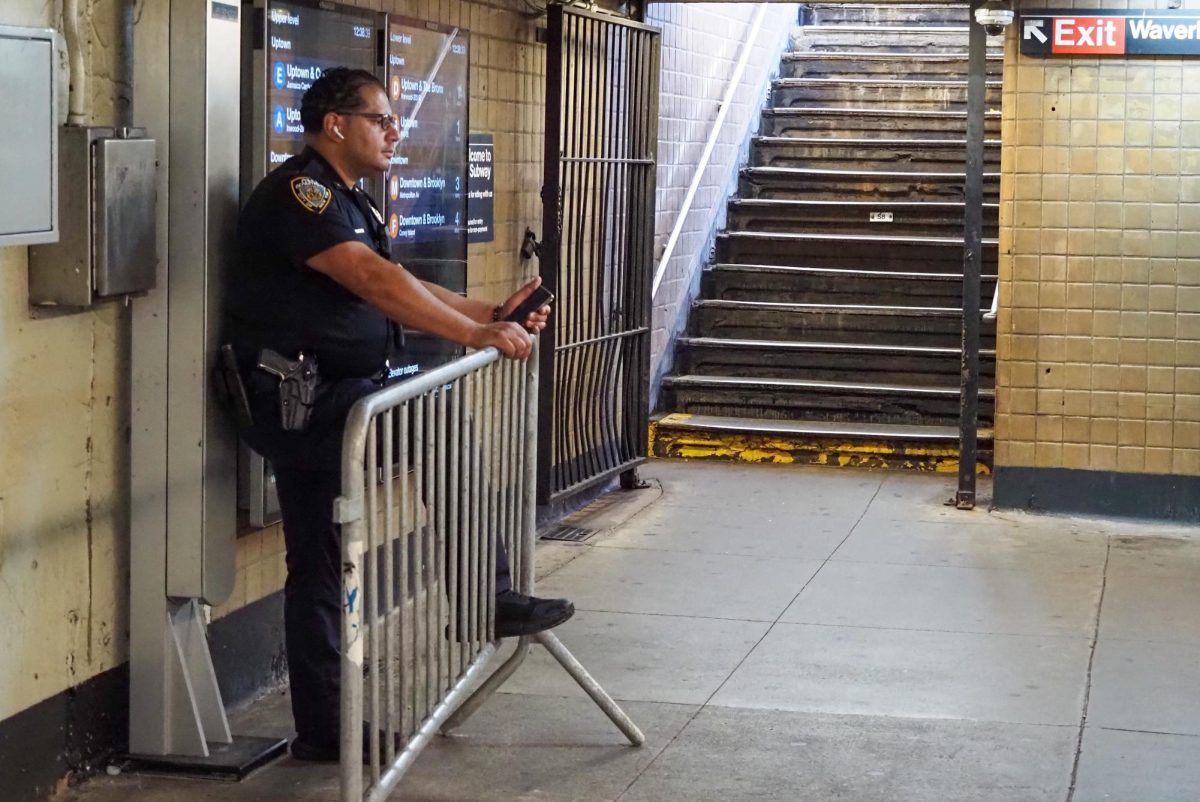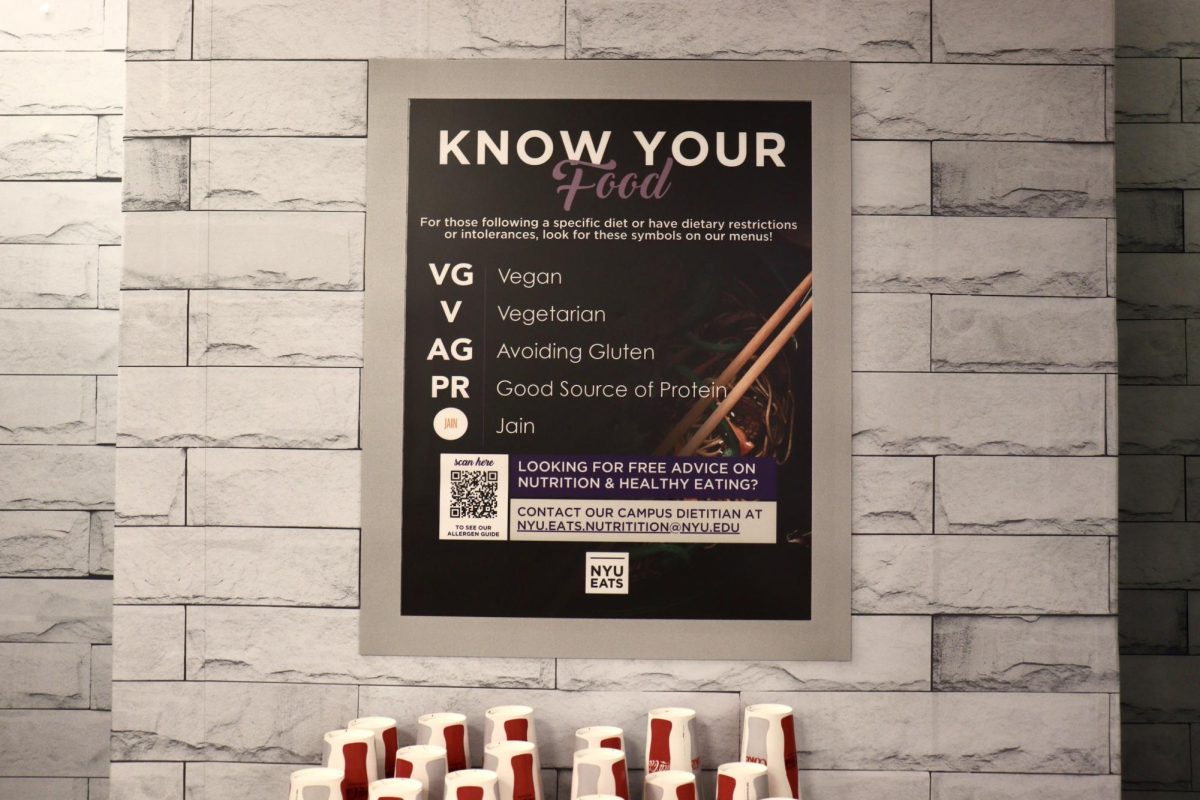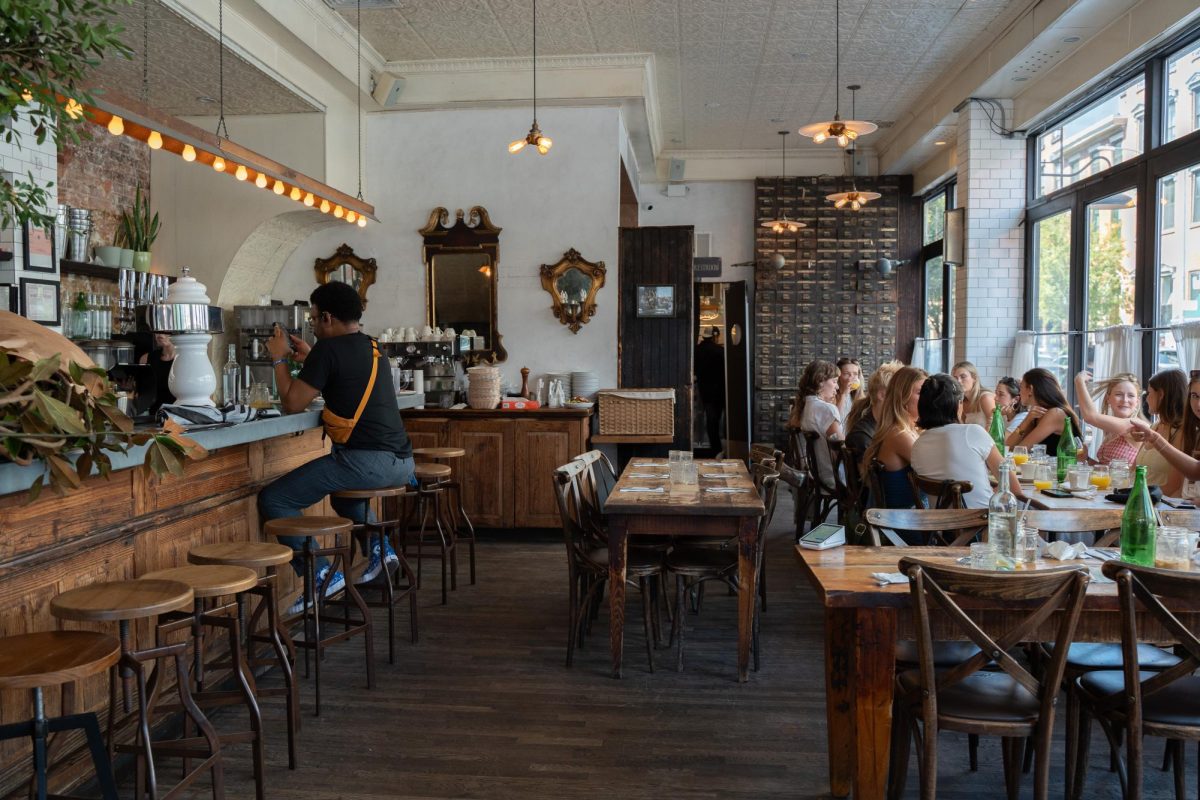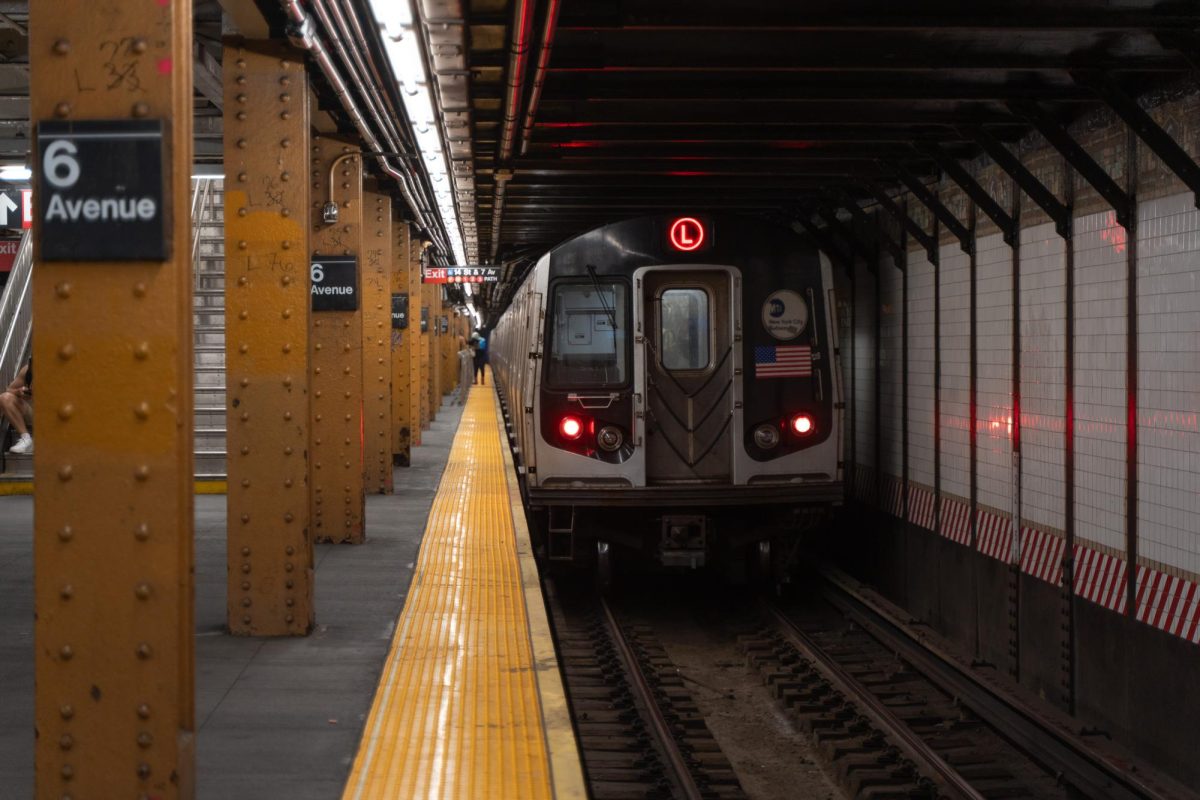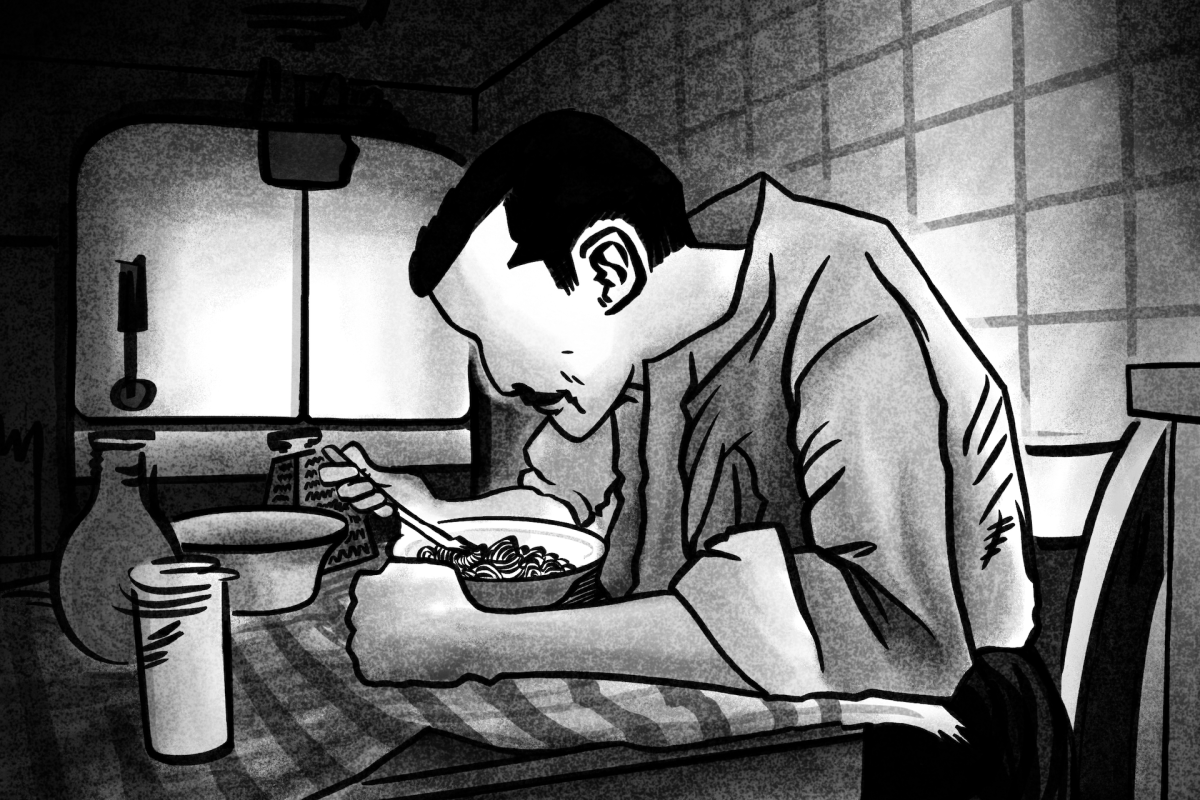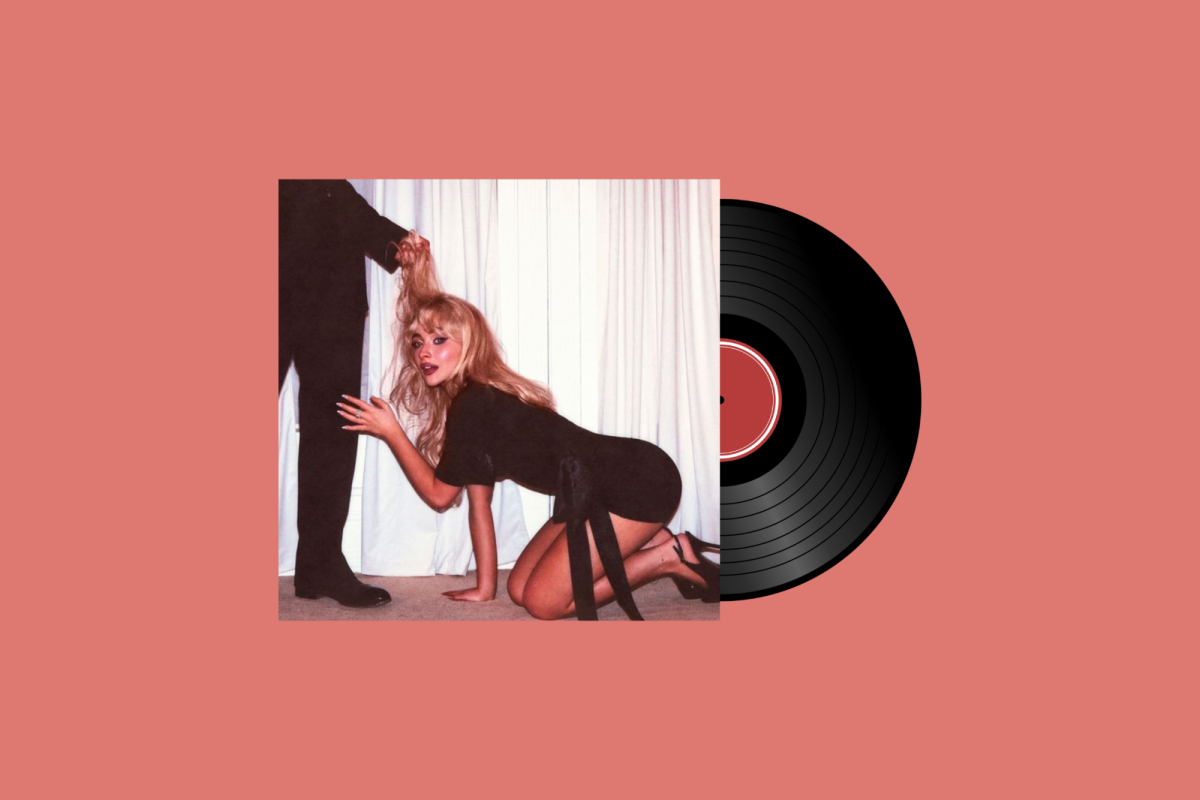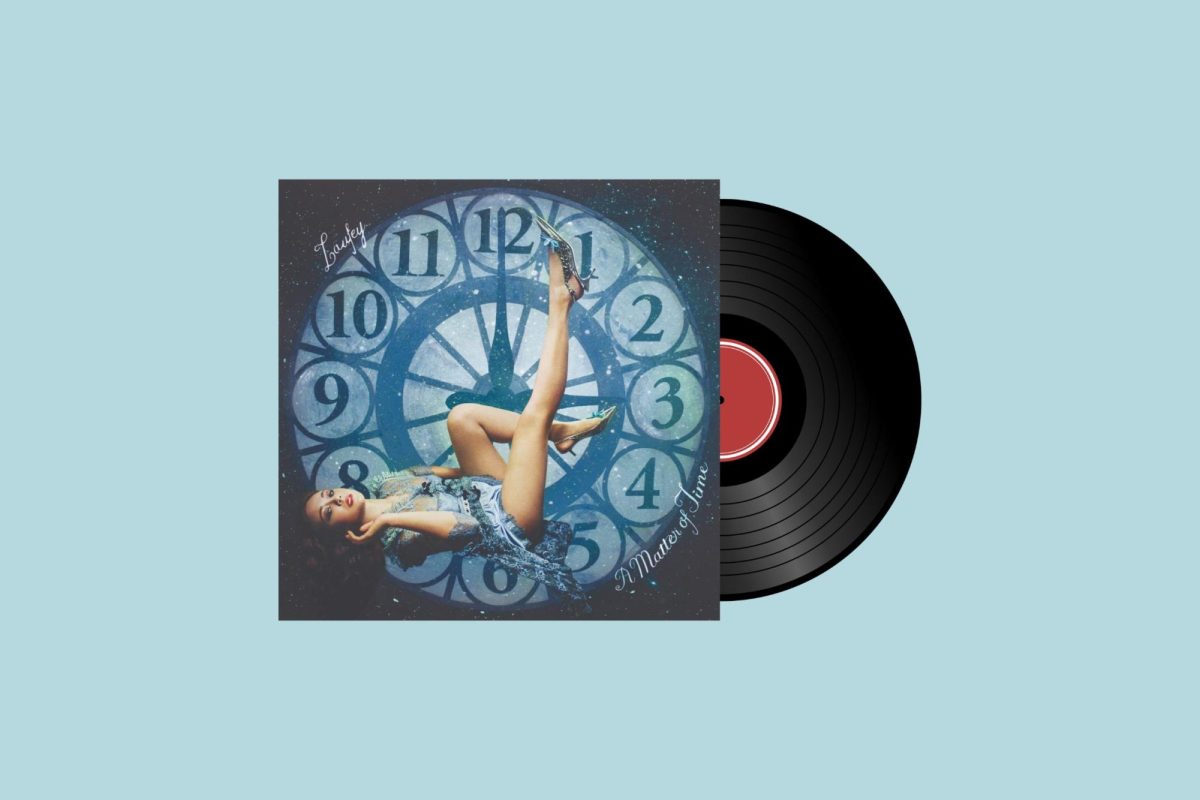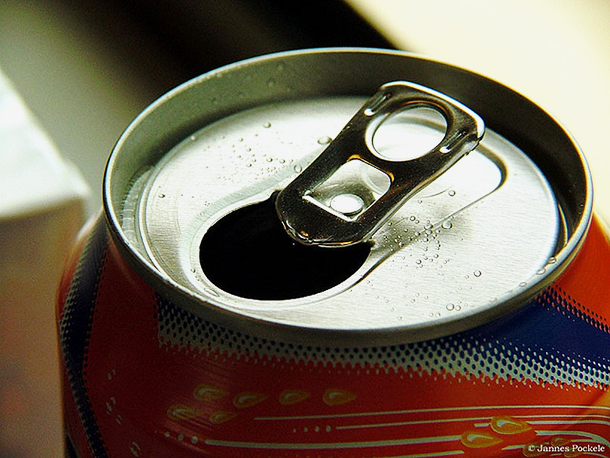
New York City Mayor Michael Bloomberg’s ban on sugary drinks, originally set to take effect this past Tuesday, was blocked by a Supreme Court judge who called it “arbitrary and capricious.”
“The loopholes in this rule effectively defeat the stated purpose,” wrote New York State Supreme Court Justice Milton Tingling.
In addition, the justice said the soda ban intruded on the authority of the City Council.
The ban would have prohibited the sale of sugary drinks larger than 16 ounces at restaurants, delis, movie theaters, sports venues and franchises around the city. The ban did not apply to 100 percent juices or drinks with 50 percent milk, such as coffee.
Not complying with the soda ban regulations would have cost businesses a $200 fine. Though the ban was going to be enforced in March, fines would not have been imposed until June.
Dunkin’ Donuts, who had already began informing customers of changes, was relieved when the ban was rejected Monday evening.
“We are extremely pleased that the New York Supreme Court has declared invalid the ban of certain sizes of sweetened beverages in New York City,” said Michelle King, director of global public relations of Dunkin’ Brands. “We have maintained our position from the beginning that any regulations to eliminate New Yorkers’ rights to purchase beverages in sizes of their choice is not in the public’s interest.”
Think Coffee owner Jason Scherr said that the franchise would not have been significantly impacted by the ban.
“We would have only had to ask customers to put coffee flavorings into their own drinks if they ordered a large. Few people get a large flavored coffee,” said Scherr.
This soda ban was a part of Bloomberg’s push for a healthier New York City. The obesity rate in the city has risen to 24 percent, up 6 percent from from where it was in 2002. It has also been indicated that care for obesity-related illnesses costs government health programs $2.8 billion a year.
“All we’re doing in New York is reminding you that it’s not in your interest to have too many empty calories,” Bloomberg said in defense of the ban.
While franchises had a lot or little to say about the rejection, NYU faculty and students have mixed feelings about it.
Meanwhile, nutrition, food studies and public health professor Marion Nestle said that she thought the ban was a terrific idea and was disappointed when it was rejected.
“The judge specifically excluded consideration of effects on health. It would be a useful way to improve the environment of food choice to make it easier for people to eat more healthfully,” said Nestle.
Meanwhile, Tisch freshman Sarah Taylor said that she understands the health implications behind not drinking large sugary drinks, but is not sure if the ban would carry any weight.
“I guess it’s a good idea, but if people don’t think [their coffee] is sweet enough they are going to put sugar in it,” said Taylor.
Bloomberg plans to appeal the rejection.
“We assume we will prevail in court,” Bloomberg said in a televised interview with CBS on Wednesday.
http://www.nytimes.com/imagepages/2013/03/07/nyregion/coffee.html “changes” in “Dunkin’ Donuts, who had already began informing customers of changes, was pleased when the ban was rejected Monday evening.”

